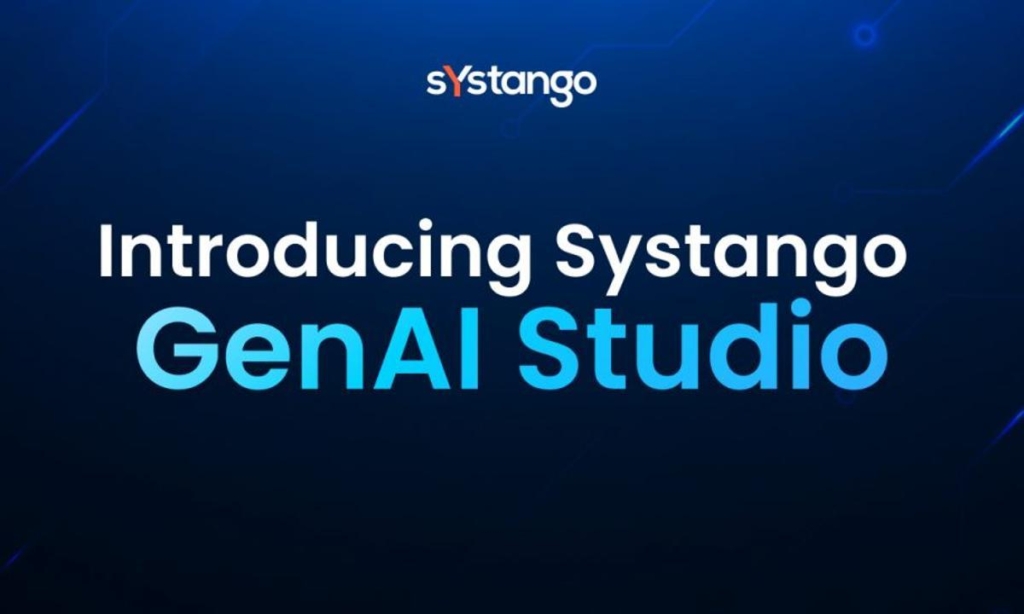Alibaba, the tech giant headquartered in Hangzhou, China, has unveiled its latest creation, Tongyi Qianwen 2.0, a large language model (LLM) that boasts impressive enhancements in understanding complex instructions, copywriting, reasoning, and the prevention of hallucinations.
Alibaba’s move is part of the ongoing competition between the United States and China in the field of large language models as both countries vie for dominance in AI technologies, pitting Alibaba against American tech giants like Amazon and Microsoft.
According to Alibaba’s press statement, Tongyi Qianwen 2.0 showcases exceptional capabilities, particularly in complex instruction comprehension, copywriting, reasoning, memory, and preventing hallucinations.
In addition to Tongyi Qianwen 2.0, Alibaba has also introduced industry-specific AI models and the GenAI Service Platform.
This platform empowers businesses to create their own generative AI applications using their proprietary data, addressing concerns related to third-party data access commonly associated with public generative AI products, like ChatGPT.
While these technological advancements are noteworthy, they are unfolding within the context of a broader regulatory landscape.
In the United States, President Joe Biden has taken a significant step by signing the first executive order solely dedicated to artificial intelligence.
This executive order mandates new safety assessments, offers civil rights guidance, and emphasizes research into AI’s impact on the labor market.
As White House Deputy Chief of Staff Bruce Reed highlighted, this executive order represents a comprehensive and robust set of actions taken by any government worldwide concerning AI safety, security, and trust.



